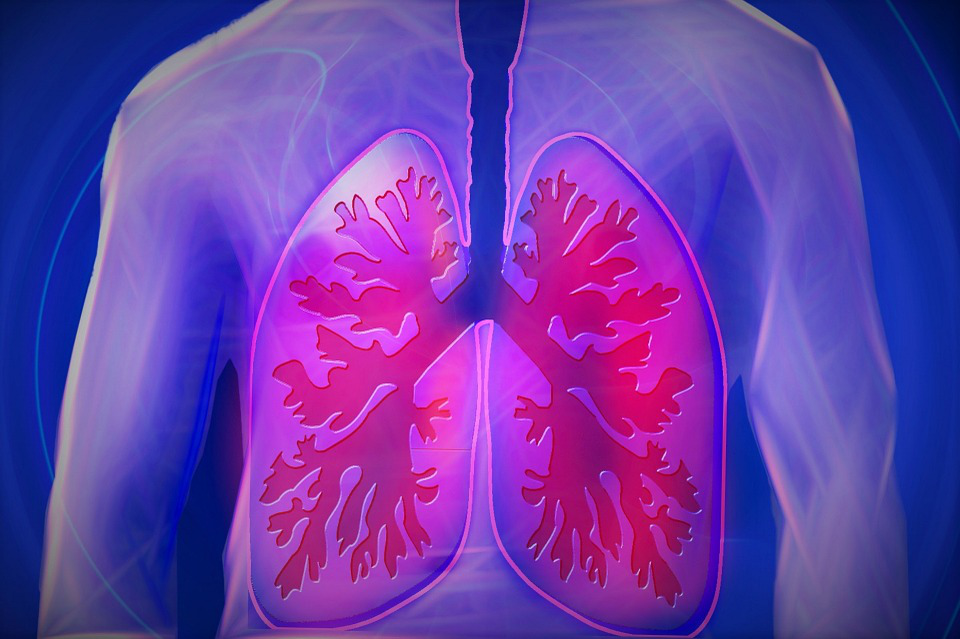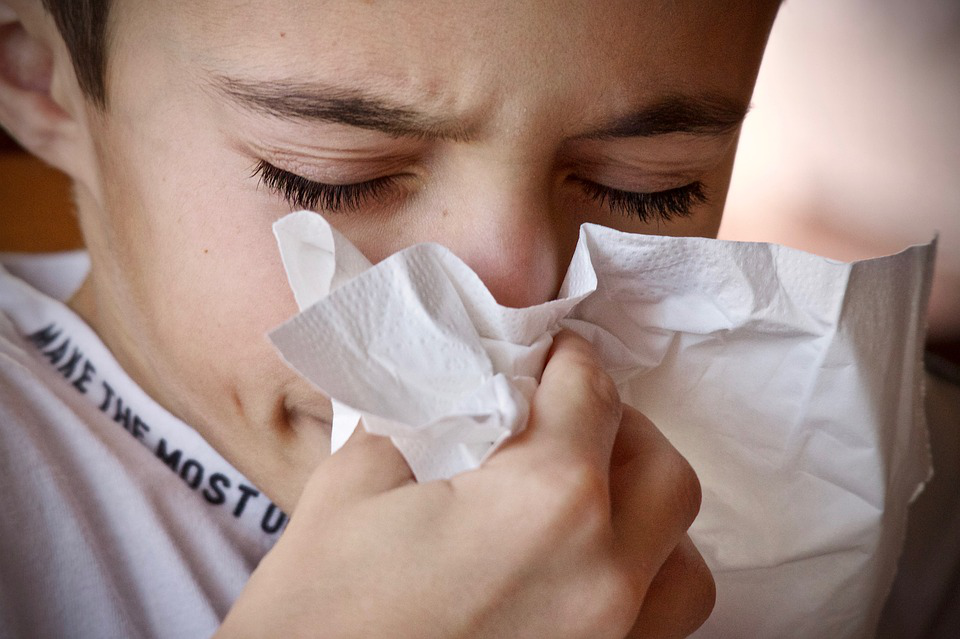Bronchiolitis is an infection of the respiratory tract that generally affects children less than a year in age. Although it’s possible to contract the infection at any age, it’s usually less severe in adults than in children. The condition is caused by a virus known as the Respiratory Syncytial Virus (RSV).
Almost all children get infected with the RSV. The virus is a major cause of lung infections and can occasionally develop into complications. Pneumonia and Bronchiolitis are the two most frequently contracted conditions from an RSV infection. Of all the children to contract the condition, about 0.5–2% are ever hospitalized, of which 50–90% suffer from bronchiolitis.
The people who are most likely to get infected with the RSV and develop bronchiolitis include:
- Premature Infants
- Young children with lung disease from birth
- Young children with weak immune systems due to medical conditions
- Adults with compromised immune systems
- Adults with underlying heart and lung disease
What is Bronchiolitis?

Bronchiolitis is the name given to the inflammation of the lower respiratory tract. The condition is characterized by an inflammation of the bronchioles in the lungs, which creates breathing and feeding problems. If you observe your child exhibiting the following symptoms, they might have contracted bronchiolitis and you should consult with your doctor immediately:
- Runny Nose
- Decreased Appetite
- Coughing and Wheezing
- Irritability
- Decreased activity
- Decreased Appetite
- Pauses while breathing
The symptoms usually last for 3 to 8 days.
Transmission of Bronchiolitis

The condition is usually the most prevalent during the winter or early spring seasons. The RSV spreads in ways similar to the influenza and the rhinovirus. Contact with people who may be carrying the condition or with infected surfaces may cause bronchiolitis.
Since the RSV is also responsible for an outbreak of the common cold, it is also advised that children be kept away from those who have the condition. Since the RSV may interact in different ways with children, interaction with people who have a cold can also transmit the virus.
Treatment and Prevention

There’s no specific treatment method for bronchiolitis. There are ways in which you can help your child’s symptoms, but the condition will run its course until it goes away completely. The condition is rarely ever fatal, and it is highly likely that your child will make through it, although it will be very uncomfortable.
Some of the ways you can help reduce the intensity of the symptoms are:
- Keep your child upright to help breathing
- Give them plenty of fluids to drink as they are easier to ingest and prevent dehydration.
- Keep the air moist with a humidifier. Dry air can cause irritation of the airways and difficulty in breathing.
- Under the advice of your physician, you may give your children paracetamol to help with the fever.
Contact your general physician if their condition gets worse.
As always, preventive measures are far better than the treatment procedure. Take the following steps to keep your child healthy safe from RSV and Bronchiolitis:
- Cover your face and mouth if you sneeze and cough.
- Disinfect any surfaces that might have been in contact with people who have the cold or the flu.
- Have caretakers wash their hands thoroughly and regularly wash your hands as well.
- Keep all utensils washed and dried. Wet surfaces are more likely to be infected than dry surfaces.
- Keep infected children at home to prevent the spread of the condition.
- Avoid smoking around your children
Stripes Primary Care is a primary health care provider in Mesa, Arizona. They also have clinics at the Apache Junction and the Golden Canyon, where offer primary care, advice on the management of diabetes, high blood pressure and allergy treatment.
Get in touch with the clinics today to book an appointment with a physician or for information on their services.
